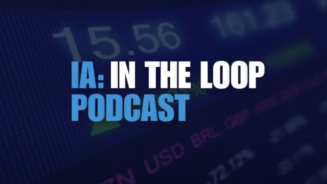The announcement is a disappointment to some investors in the region, who at the start of this year were anticipating a “wave of fund flows” into the two countries upon their expected promotion to the MSCI Emerging Markets index in May.
However, as International Adviser reported, MSCI delayed its potential re-classification decision following the implementation of delivery versus payment (DVP) models on the Qatar Exchange, Dubai Financial Market and Abu Dhabi Securities Exchange.
The postponement was designed to “give additional time for market participants to assess the effectiveness of these models and for the regulators and the stock exchanges to address the remaining concerns raised by international institutional investors,” it said.
United Arab Emirates
In its statement last night, MSCI said that, while international institutional investors were “very positive” on the introduction of the DVP model in the UAE, they also emphasised significant concerns over the new framework to fully safeguard their assets under certain circumstances.
In particular, they were worried about failed trades, “where a forced sale of assets, without the owner’s consent, remains a possibility”. As a result, many international investors and their custodians continue to view the use of a dual account structure as a requirement, it said.
The introduction of new rules allowing for securities borrowing and lending agreements and security short selling could resolve these problems, MSCI added, and the Emirati regulator has already published regulation drafts on these topics.
Qatar
Regarding Qatar, “stringent” foreign ownership restrictions remain a significant concern to international institutional investors, MSCI reported, as the availability of shares to them is limited and volatile. No change on this matter has been announced by the Qatari regulator.
According to MSCI, any change to Qatar’s status is conditional on a “meaningful” increase in foreign ownership limits. Investors also expressed similar concerns to those in the UAE, in relation to the necessity of operating dual account structures to protect against failed trades.
Investors now have to wait until June 2012 for a potential re-rating of the two countries, when MSCI conducts its next Annual Market Classification Review.




